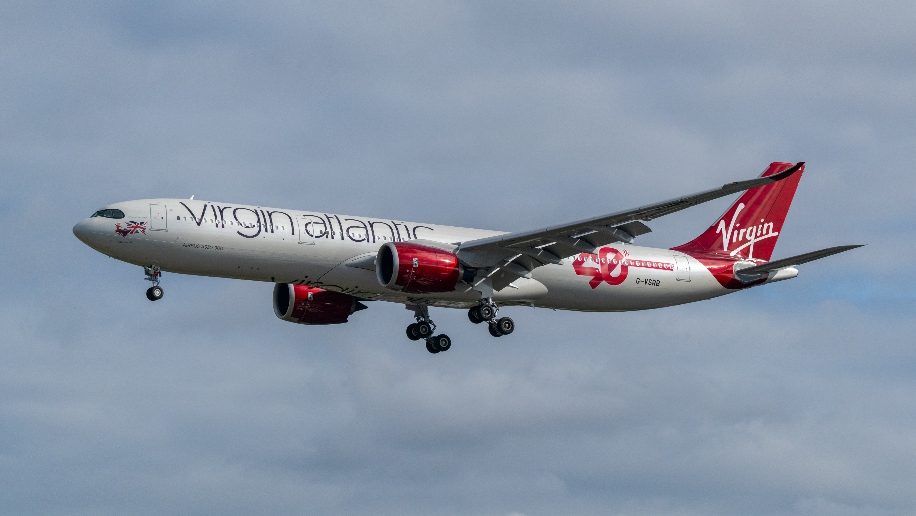
Virgin Atlantic has confirmed the acquisition of seven Airbus A330-900s, marking the final stage of its $17 billion fleet transformation. As the first UK airline to order A330neos in 2019, Virgin Atlantic’s choice reflects the aircraft’s efficiency: It is 13 per cent more fuel and carbon-efficient than the A330-300s.
Currently, Virgin Atlantic operates five of these next-generation aircraft on routes including New York, Boston, and Miami. Three A330-900s are expected later this year, with four more by the end of 2026. The latest order, set for delivery in 2027, will increase Virgin Atlantic’s total number of A330neos to 19.
From 2024 onwards, Virgin Atlantic will begin retiring its ten A330-300s. Additionally, the airline has confirmed long-term lease extensions for seven Boeing 787-9s, which will continue to serve destinations in the Caribbean, North America, and India, as well as new routes to the Maldives and Bengaluru.
Virgin Atlantic’s comprehensive fleet transformation is scheduled for completion by 2028, at which point the airline will operate a total of 45 next-generation aircraft: 19 A330-900s, 12 A350-1000s, and 14 Boeing 787-9s. The average fleet age will be a youthful 6.4 years.
Shai Weiss, CEO of Virgin Atlantic, stated: “Flying the youngest fleet is the most readily available and significant lever towards decarbonising long-haul aviation, and we are proud to operate one of the youngest and most fuel and carbon-efficient fleets across the Atlantic. Our special partnership with Airbus began with the arrival of ‘Lady in Red’ in 1993, with our most recent arrival, ‘Ruby Rebel,’ marking our 40th birthday this year. Virgin Atlantic has flown more than 60 Airbus tails in the last three decades. While not first to the party, they’ve been our main dance partner, making our customers smile ever since.”
Christian Scherer, Airbus CEO of Commercial Aircraft, added: “The A330neo not only delivers unbeatable operational seat mile cost and an exceptional passenger experience, it also greatly enhances Virgin Atlantic’s fleet efficiency and contributes to their sustainability journey. We look forward to continuing this smooth and successful collaboration for many years to come.”








